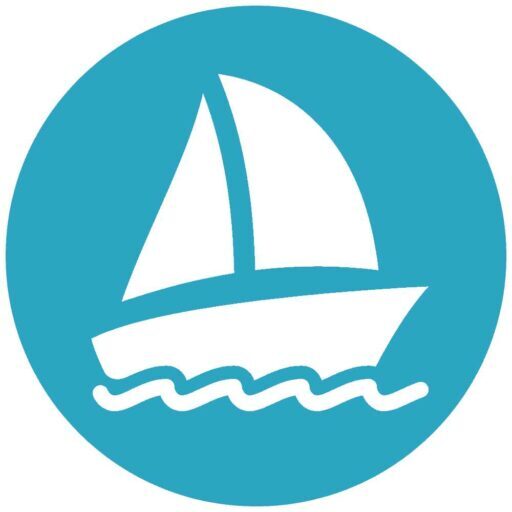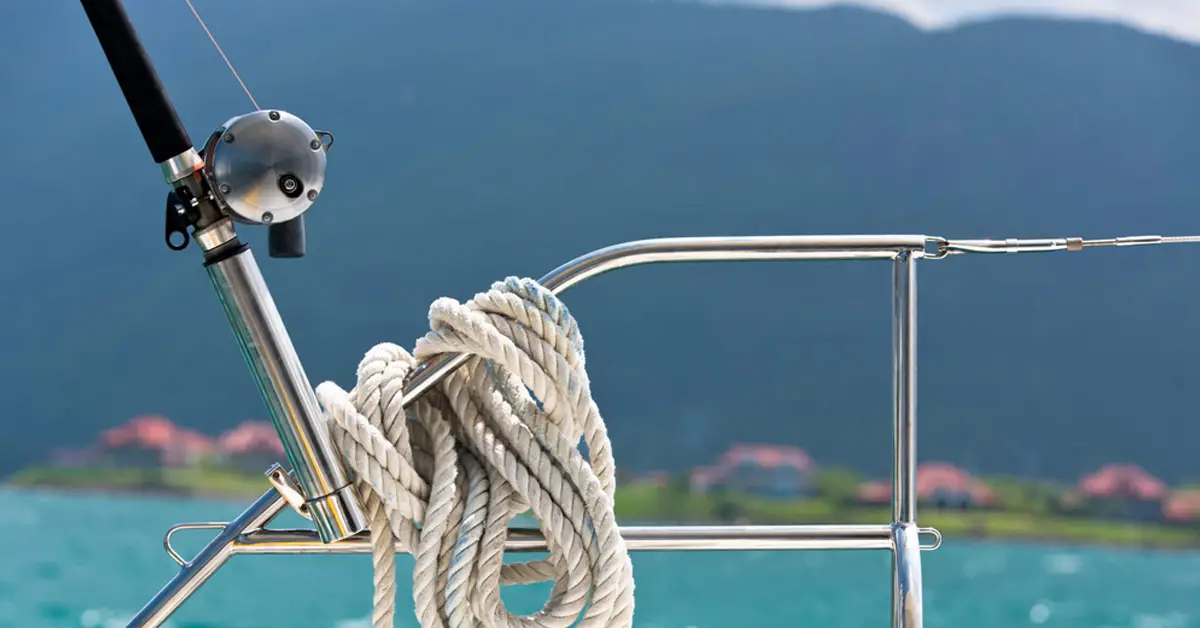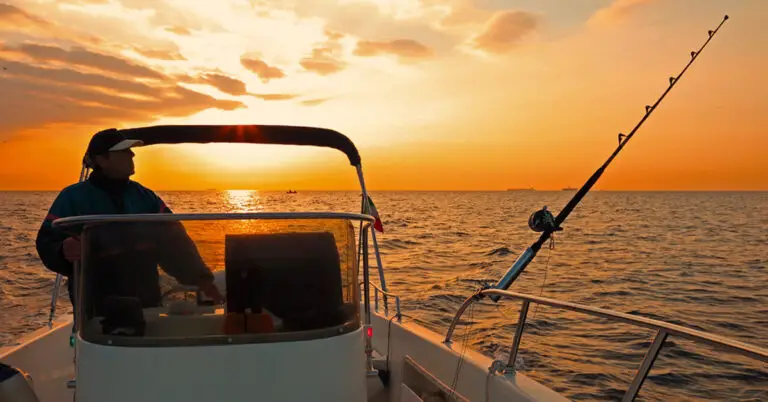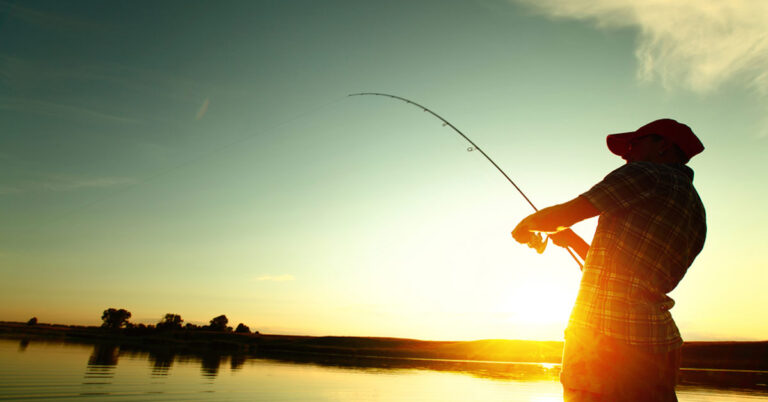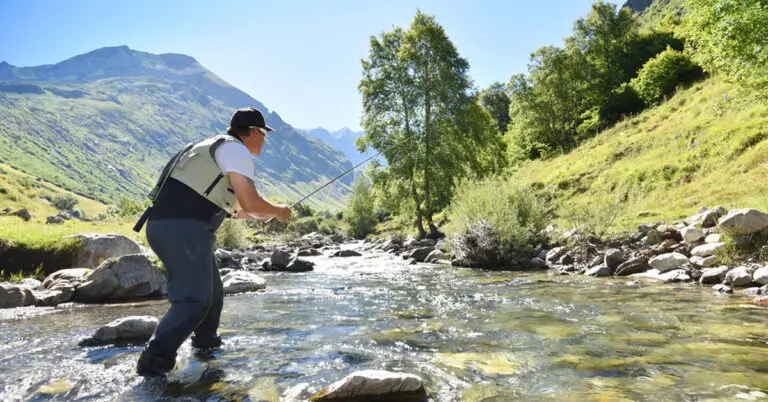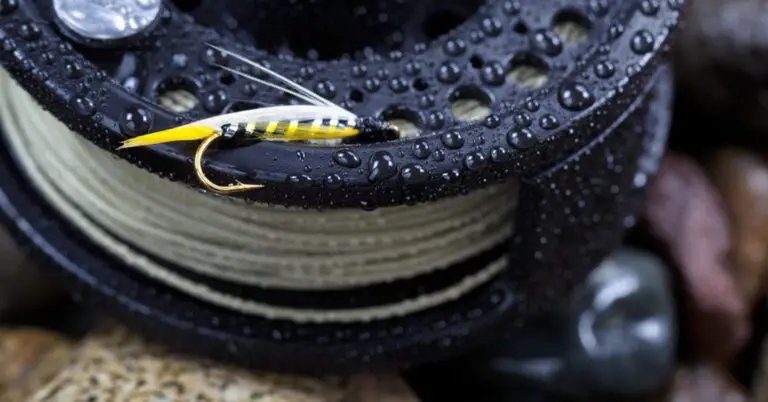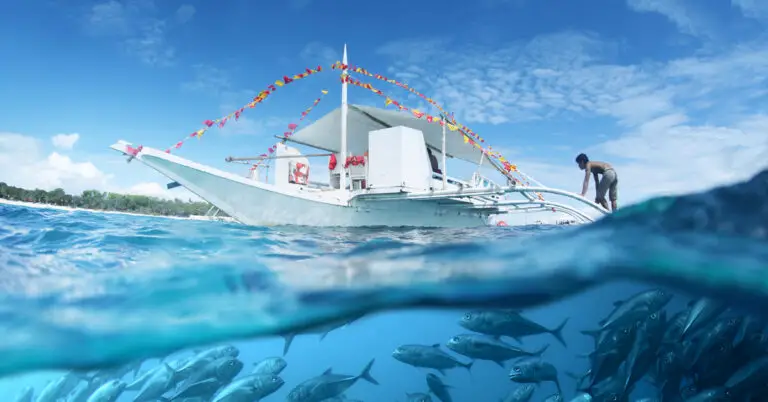Fishing License Requirements for Boating: Do You Need a License for Everyone on Your Boat?
Fishing can be fun and rewarding, whether you’re an experienced angler or just starting. If you plan to fish on a boat, what license requirements must you meet? The rules around fishing licenses for boating can be complex, and it’s important to understand them before you hit the water.
One common question is whether everyone on the boat needs a fishing license.
The answer may depend on a variety of factors, such as the location and type of fishing you plan to do, as well as the age and residency status of the people on the boat. In this article, we’ll look closer at fishing license requirements for boating, so you can ensure that you comply with the law and are ready for a successful fishing trip.
Types of Fishing Licenses for Boating
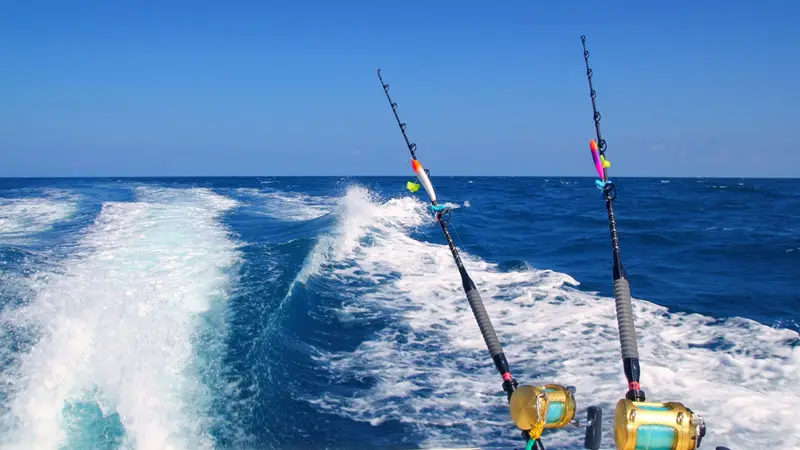
Fishing licenses for boating are essential for those who want to enjoy recreational fishing while on the water. State or federal agencies issue them to regulate fishing activities, protect the environment, and ensure sustainable fish populations.
These licenses often vary depending on the type of fishing, the target species, and the location where the fishing takes place. Anglers need to familiarize themselves with the different types of fishing licenses for boating, as regulations may differ from one jurisdiction to another.
Some states require separate licenses for freshwater and saltwater fishing, while others may issue a single license that covers both. Some jurisdictions also offer temporary licenses for non-residents who wish to engage in recreational fishing while visiting the area.
Moreover, specialized licenses exist for certain fishing activities, such as commercial fishing or fishing in protected areas. In many cases, anglers must adhere to specific guidelines on catch limits, size limits, and seasonal restrictions for various fish species.
Types of Fishing Licenses for Boating:
- Freshwater Fishing License: Required for fishing in freshwater bodies, such as lakes, rivers, and streams. This license typically covers popular freshwater species like bass, trout, and catfish.
- Saltwater Fishing License: Needed for fishing in saltwater environments like oceans, bays, and estuaries. This license often includes regulations for popular saltwater species such as redfish, snapper, and grouper.
- Combination License: A single license covering freshwater and saltwater fishing, simplifying the process for anglers who enjoy fishing in various environments.
- Temporary or Non-resident License: Issued for a specific duration (e.g., a week or month) to non-residents visiting a particular area. These licenses allow tourists and visitors to participate in recreational fishing without committing to a full-year license.
- Commercial Fishing License: Required for those who fish for profit, as opposed to recreational purposes. Commercial fishing licenses often have stricter regulations and higher fees.
- Protected Area or Special Fishing License: Issued for fishing in designated protected areas or targeting specific species with unique regulations. These licenses ensure the conservation of sensitive ecosystems and species.
Boaters and anglers must research and obtain the appropriate fishing licenses for their intended activities and locations. Violating fishing regulations can lead to fines, penalties, and even the suspension or revocation of fishing privileges.
Who Needs a Fishing License for Boating?
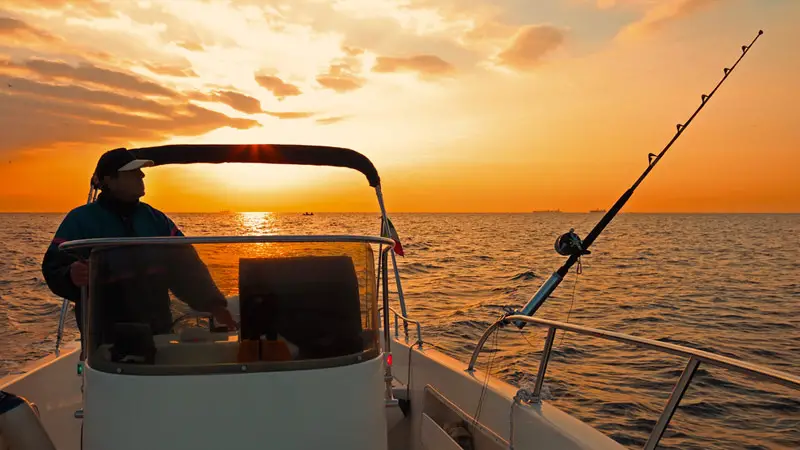
A fishing license for boating is generally required for individuals who plan to fish recreationally while on a boat. The requirements may vary by jurisdiction, and factors such as the angler’s age, the type of water body (freshwater or saltwater), and residency status can determine who needs a license. Here are some general guidelines:
- Age requirement: Most states require anglers above a certain age to have a fishing license. The age threshold can vary, typically around 16 or 17 years old. Children below the specified age limit usually do not need a fishing license but should follow fishing regulations.
- Residency: Both residents and non-residents usually need a fishing license for boating, although the requirements and fees may differ. Non-residents can often purchase temporary licenses, which are valid for a limited time.
- Type of fishing: Anglers participating in recreational fishing typically need a fishing license, while those engaging in commercial fishing may require a separate commercial fishing license.
- Location: The specific fishing location can determine the type of license required. For example, some states require separate freshwater and saltwater fishing licenses, while others offer combination licenses.
- Exemptions: Certain individuals may be exempt from needing a fishing license, such as active-duty military personnel, disabled individuals, or seniors who meet specific age requirements. The exemptions can vary by jurisdiction, so it is important to check local regulations.
State and Provincial Fishing Regulations
State and provincial fishing regulations are crucial in conserving and managing aquatic resources for future generations. These rules vary between jurisdictions and are designed to maintain sustainable fish populations, preserve aquatic ecosystems, and ensure a harmonious balance between recreational and commercial fishing activities.
As regulations differ across states and provinces, anglers must be well-versed in the specific guidelines for their chosen fishing locations. These guidelines often encompass licensing requirements, catch and size limits, gear restrictions, and fishing seasons.
Adherence to state and provincial fishing regulations is vital for aquatic ecosystems’ long-term health and sustainability. Anglers can stay informed about any updates or changes to these regulations through various channels, including websites, printed materials, and mobile apps provided by regulatory agencies.
By complying with the established rules and guidelines, anglers demonstrate responsible angling practices and contribute to preserving the diverse aquatic resources that enrich the outdoor experiences of present and future generations.
Obtaining Fishing Licenses for Boating
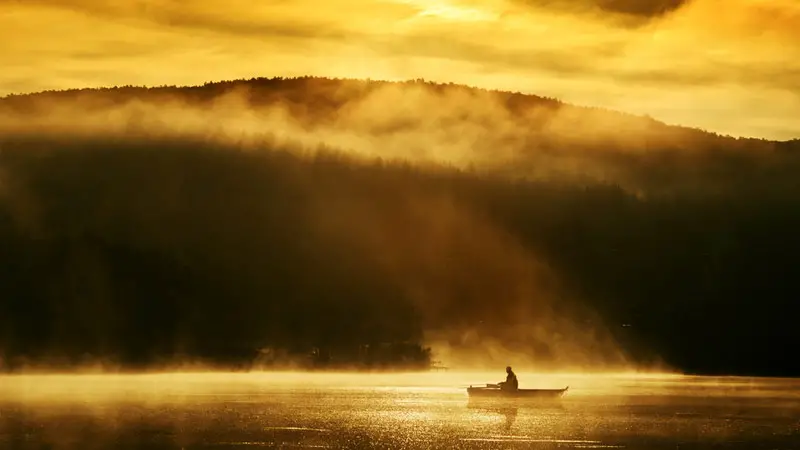
Obtaining fishing licenses for boating is an essential step for anyone planning to engage in recreational fishing while on the water. The process for acquiring a fishing license can vary by jurisdiction, but here are some general guidelines to follow:
- Research the requirements: Begin by researching the fishing license requirements for the specific state or province where you plan to fish. This includes determining the appropriate license type (e.g., freshwater, saltwater, or combination), age or residency requirements, and understanding area-specific rules or regulations.
- Locate the issuing agency: Fishing licenses are typically issued by state or provincial wildlife or natural resources agencies. Visit the official website of the relevant agency to find information on the licensing process and any necessary forms.
- Choose the license duration: Fishing licenses are available in various durations, such as daily, weekly, annual, or even lifetime licenses. Non-residents may also have the option to purchase temporary licenses for shorter visits. Select the license that best suits your needs and intended fishing activities.
- Complete the application: Fill out the required forms, providing accurate information about your identity, residency status, and other relevant details. You may be able to apply online, in person, or by mail, depending on the specific agency’s options.
- Pay the fees: The cost of a fishing license can vary based on factors such as residency, license duration, and the type of fishing. Submit the appropriate fees along with your application. In some cases, discounts may be available for seniors, disabled individuals, or active-duty military personnel.
- Receive your license: Once your application is processed and approved, you will receive your fishing license. Depending on the issuing agency, this may be a physical document or a digital copy. Keep your license while fishing, as you may be required to present it to enforcement officers upon request.
Stay informed about regulations: After obtaining your fishing license, familiarize yourself with the state or provincial fishing regulations, including catch limits, size limits, and seasonal restrictions. Compliance with these rules helps protect aquatic resources and ensures a sustainable fishing experience for all.
Consequences of Fishing Without a License
Fishing without a license can have various negative consequences, ranging from financial penalties to environmental impact. Anglers need to understand the potential repercussions of engaging in recreational or commercial fishing without the appropriate license, as these consequences can affect the individual and the aquatic ecosystems and fish populations they are trying to enjoy.
One of the most immediate consequences of fishing without a license is the risk of facing fines, penalties, and even legal action. Regulatory agencies routinely conduct checks and patrols to ensure that anglers have valid licenses and adhere to the applicable fishing regulations.
If caught fishing without a license, an individual may be subject to monetary fines, which can vary depending on the offense’s jurisdiction and severity. In some cases, penalties may also include the confiscation of fishing equipment or the suspension or revocation of fishing privileges. These measures are designed to deter individuals from violating fishing regulations and to emphasize the importance of responsible angling practices.
Beyond the legal and financial consequences, fishing without a license also significantly impacts the environment and fish populations. Licensing fees fund state and provincial conservation efforts, including habitat restoration projects, stocking programs, and research initiatives to maintain sustainable fish populations.
By fishing without a license, individuals undermine these efforts and can contribute to the overharvesting and depletion of fish stocks. This, in turn, can negatively affect the ecological balance within aquatic ecosystems, leading to long-term consequences for both the environment and future generations of anglers.
Tips for Compliance with Fishing License Requirements
Complying with fishing license requirements is crucial for ensuring sustainable fishing practices and preserving aquatic resources. Here are some tips to help you stay compliant with fishing license requirements and regulations:
- Research the requirements: Before fishing, thoroughly research the licensing requirements for the specific state or province where you plan to fish. This includes understanding the necessary license types, such as freshwater, saltwater, or combination licenses, and any area-specific rules or regulations.
- Obtain the appropriate license: Apply for and obtain the correct fishing license corresponding to your intended fishing activities, residency status, and the location where you will be fishing. Keep in mind that non-residents may need temporary licenses or permits.
- Keep your license accessible: Always carry your fishing license while fishing, as you may be required to present it to enforcement officers upon request. Store the license in a waterproof container or pouch to protect it from damage.
- Be aware of local regulations: Familiarize yourself with the specific fishing regulations for the area where you will be fishing. This includes understanding catch limits, size limits, gear restrictions, and seasonal restrictions for various fish species.
- Follow catch-and-release guidelines: If you practice catch-and-release fishing, be familiar with the proper techniques to minimize harm to the fish. This may include using barbless hooks, wetting your hands before handling fish, and releasing fish as quickly as possible.
- Report tagged or marked fish: Some fish species may be tagged or marked as part of research or monitoring programs. If you catch such a fish, report the information to the appropriate agency as directed by local regulations.
- Attend fishing workshops or seminars: Many states and provinces offer educational workshops or seminars on fishing regulations, techniques, and conservation efforts. Attending these events can help you stay informed about fishing regulations and best practice changes.
- Encourage responsible angling: Share your knowledge of fishing license requirements and regulations with fellow anglers, friends, and family members. Promote responsible fishing practices within your community.
- Stay informed: Regularly check the websites or social media pages of your local wildlife or natural resources agency for updates or changes to fishing regulations.
